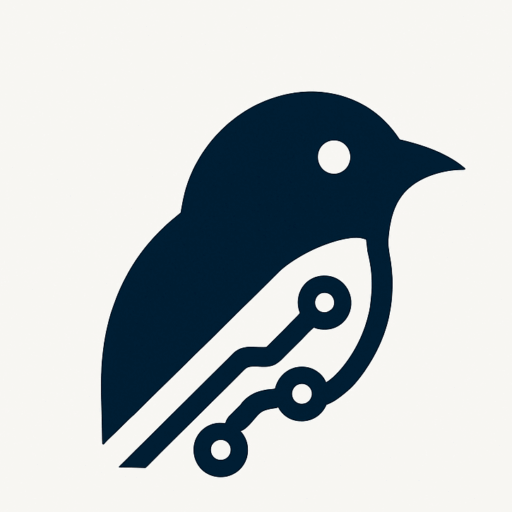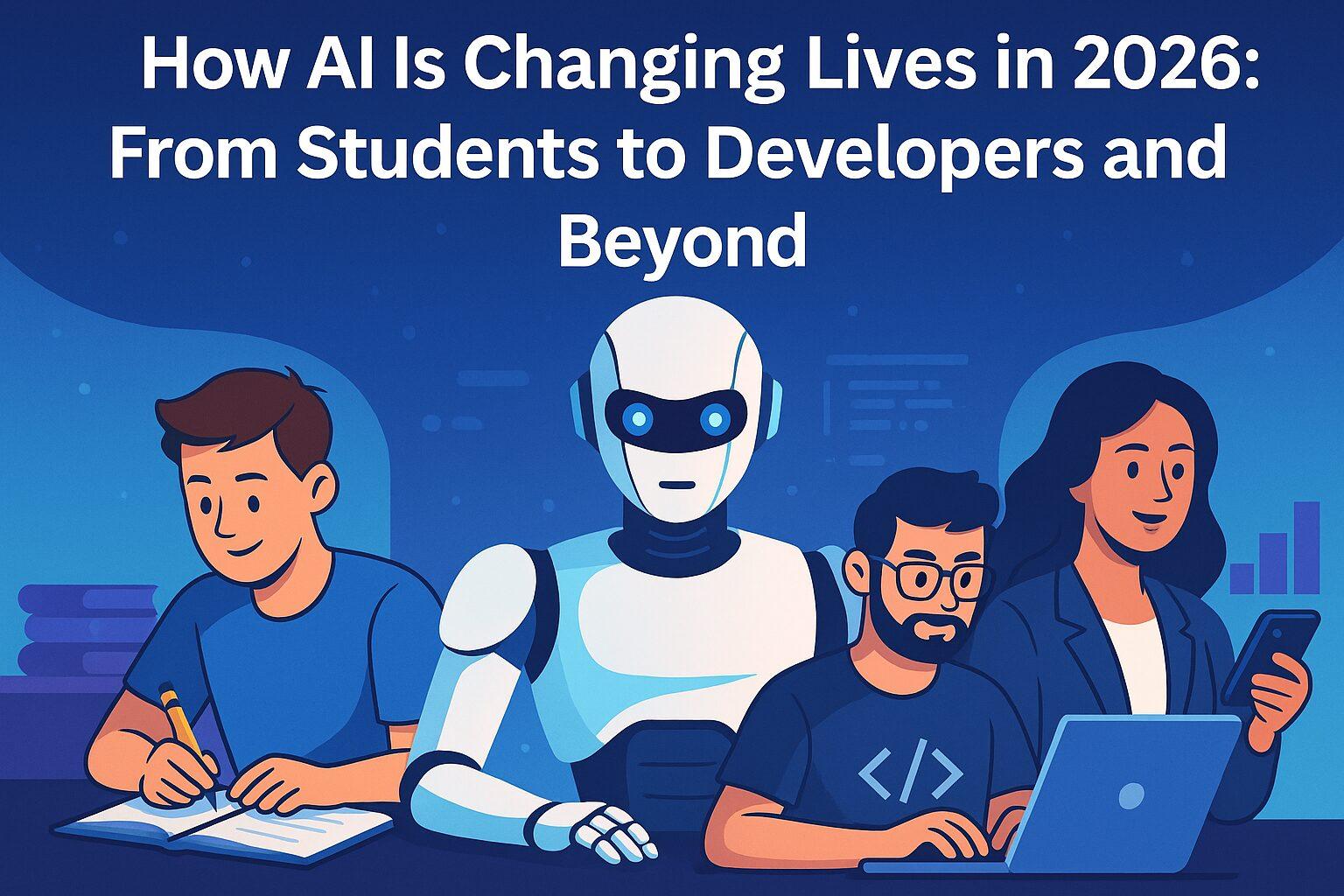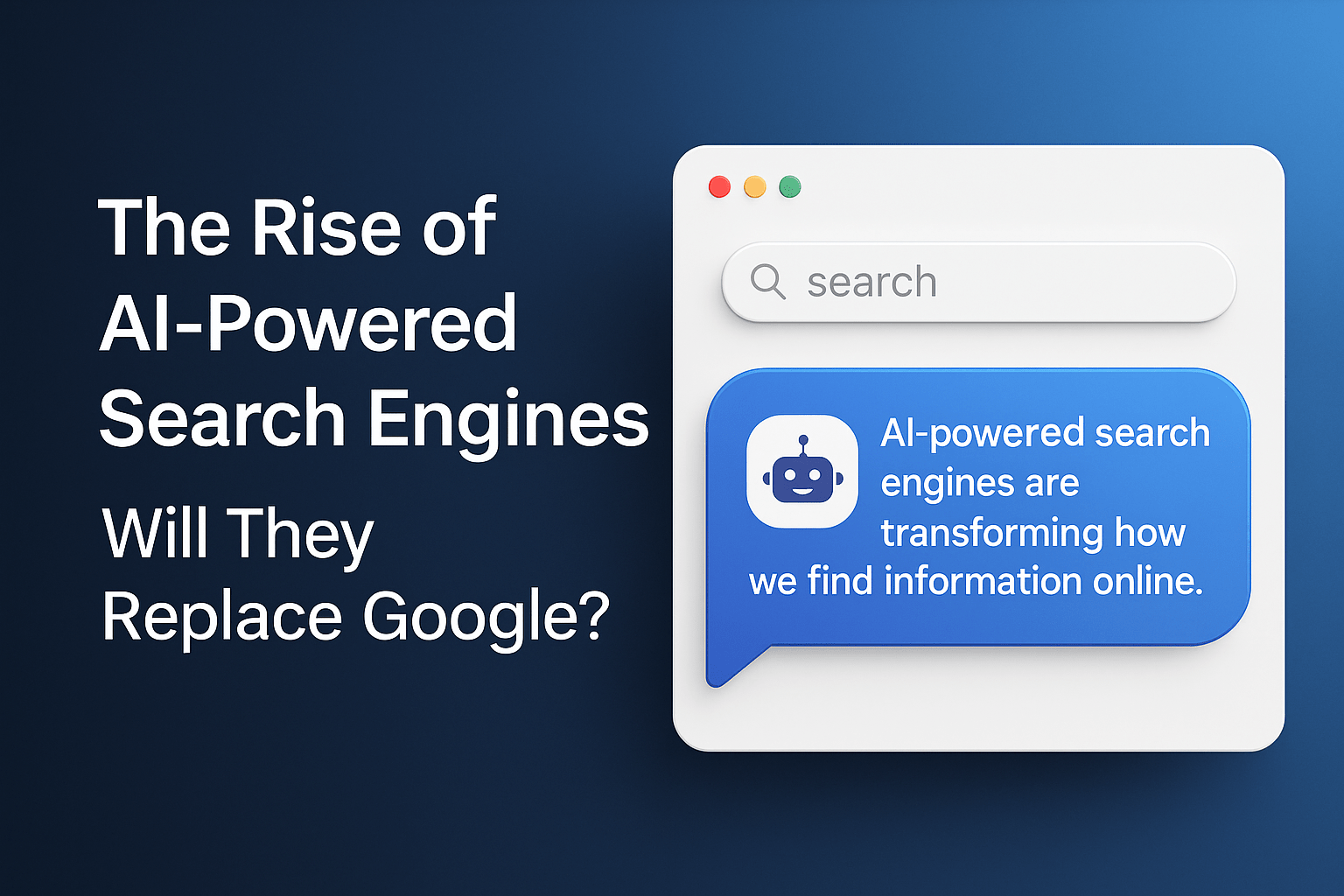Artificial Intelligence (AI) has evolved from a futuristic buzzword into an everyday reality. In 2026, AI is no longer confined to labs or niche industries — it has become deeply integrated into the lives of students, developers, businesses, and ordinary citizens. From personalized learning experiences to automated coding assistance, AI is redefining how we learn, work, and innovate.
📚 AI in Education: Empowering Students
For students in the USA, UK, and beyond, AI has become a game-changer in education. Tools powered by machine learning now create personalized study plans, recommend resources based on weaknesses, and even simulate one-on-one tutoring sessions.
- AI Tutors: Platforms like ChatGPT-style assistants and virtual classrooms provide instant explanations and practice exercises.
- Smart Content: AI generates quizzes, flashcards, and summaries tailored to each student’s curriculum.
- Accessibility: AI helps students with disabilities through voice recognition, text-to-speech, and adaptive learning technologies.
By 2026, AI-driven education has become so advanced that many universities now integrate AI mentors as part of their official academic support systems.
💻 AI for Developers: Writing Smarter Code
For developers, AI has become a trusted partner. In 2026, AI coding assistants do more than suggest snippets — they debug, refactor, and even optimize entire applications. Popular integrated development environments (IDEs) now come with built-in AI copilots.
- Code Generation: Developers describe functionality in plain English, and AI translates it into structured code.
- Faster Debugging: AI tools automatically identify bugs and propose tested solutions.
- Cross-Platform Development: AI streamlines building apps for Android, iOS, and web with minimal manual adjustments.
In the UK and USA, companies have reported up to 40% faster development cycles thanks to AI-driven productivity tools. However, developers remain crucial — AI assists, but humans still oversee logic, ethics, and creativity.
🏢 AI in the Workplace: The Future of Jobs
AI is reshaping industries across the globe. In 2026, companies rely on AI to streamline operations, enhance customer service, and predict future trends.
- Healthcare: AI analyzes medical images, predicts diseases, and supports doctors in treatment planning.
- Finance: From fraud detection to stock predictions, AI safeguards and guides investment strategies.
- Retail: Personalized shopping assistants recommend products while AI-powered chatbots handle customer service 24/7.
While some jobs have been automated, AI has also created new career paths in AI ethics, model training, and human-AI collaboration.
🌍 AI in Everyday Life
Beyond schools and offices, AI touches daily life in subtle yet powerful ways:
- Smart Homes: AI manages energy efficiency, automates appliances, and strengthens home security.
- Transportation: Autonomous cars are safer, with AI reducing accident rates and traffic congestion.
- Entertainment: AI curates personalized playlists, generates art, and even writes short films for streaming platforms.
In both the USA and UK, people now interact with AI daily without realizing it — from grocery shopping recommendations to AI-curated news feeds.
⚖️ Challenges and Concerns
Despite its benefits, AI in 2026 brings challenges. Ethical debates around privacy, data security, and bias remain pressing. Governments in the USA, UK, and EU have rolled out AI regulatory frameworks to ensure responsible use.
Moreover, dependence on AI has raised concerns about human creativity and decision-making. Experts urge balance: using AI as a tool, not a replacement.
🚀 What’s Next for AI?
Looking forward, AI’s integration will only deepen. The next wave will include General AI assistants capable of managing multiple aspects of life — from scheduling to career coaching. Developers are exploring AI models that collaborate with humans at a near-peer level.
For students, AI might soon provide real-time emotional support during learning. For developers, AI could act as a full project manager. For everyday users, AI companions may become as common as smartphones are today.
✨ Final Words
AI in 2026 is not just a tool — it’s a transformative force. From empowering students to boosting developer productivity and reshaping industries, its impact is undeniable. The challenge for individuals and societies is to embrace AI while safeguarding ethics and humanity.
Want to explore more about future technology trends? See More today and be part of the AI-driven journey.


